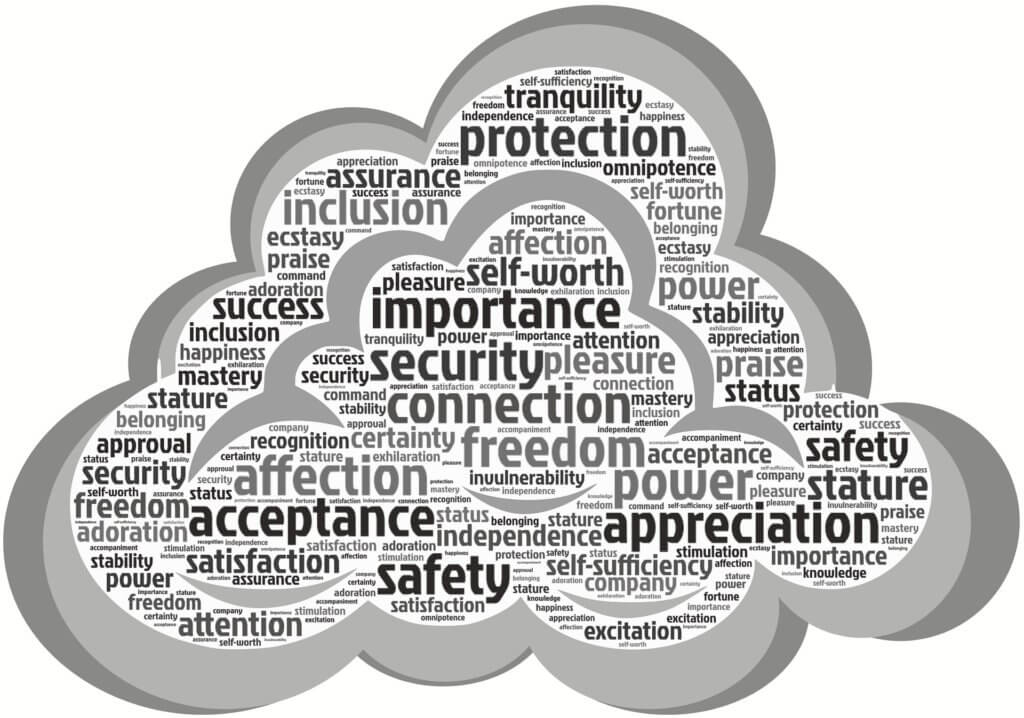
The cloud has become a crucial part of eCommerce companies in recent years. Its innovative architecture, backup capabilities, and convenient online access without geo-limitations make for a complete package for eCommerce websites, which have to constantly update their requirements according to changes in demand.
In the past, the use of the cloud was frowned upon due to the now disproven misconception that it was not safe. However, this does not mean that the cloud is never at risk of being hacked into, especially with the increase in cyberattacks since the pandemic began. In order to prevent your business from becoming the next victim of a ransomware attack or having hacked into and overseen the personal information of customers stolen, you need to ensure your cloud operations are secure.
Here are a few tips which will help your organization bolster the strength of your cloud security:
Know what information is in the cloud
Prior to making the switch to the cloud, it is vital to plan out a strategy of implementation. You have to consider key decisions like fully converting to a cloud-based system or leaving some aspects the way they are conducted now, as well as what information to store on the cloud.
If you decide to process and store information on the cloud, ensure that you choose a provider that works in accordance with PCI Compliance. Once your plan is set out, you will be aware of where the sensitive data is present on your end.
Another important decision would involve whether to use a Software as a Service (SaaS) platform or with a different cloud provider altogether. Alternatively, you can choose to maintain your platform and host it with a public cloud service of your choice.
Implement HTTPS & keep systems updated
Always keep your system updated to the latest settings and software to reduce the chances of breaches that target weaker and older software. Also, make sure that anti-virus/anti-malware software is present. Use SSL implementation if you wish to receive credit card information from customers online. It is mandatory to encrypt customers’ information stored on the cloud, so work with your cloud provider to ensure this is in place.
Don’t store customer data permanently
Try to erase personal and sensitive details of customers after a certain time elapses according to your privacy policy. Retaining information such as credit card details puts your business at risk of a lawsuit should those details be leaked in the case of a hack, so it is better to stay safe and erase that data.
Train users on access control
Ensure that all of your employees are maintaining cybersecurity protocols that will benefit your business. Employees should be told to use strong and unique passwords, update their computers to the latest software to prevent attacks, and not click on any unsolicited links on emails to avoid phishing scams. Conduct adequate cybersecurity training sessions to update employees and protect your business in the long run by adopting minor but effective habits.
Configure monitoring and alerts
Take assistance from your cloud provider to set up network scans, DDoS alerts and to detect suspicious activity which could cause harm to your business. Lockout users after too many unsuccessful login attempts and regularly view access logs to understand who is checking such sensitive information. Research on DDoS attacks to help you detect one and put a stop to it before it infiltrates your website. Fortunately, DDoS protection is easier through the cloud due to its ability to shift between various data centers.
